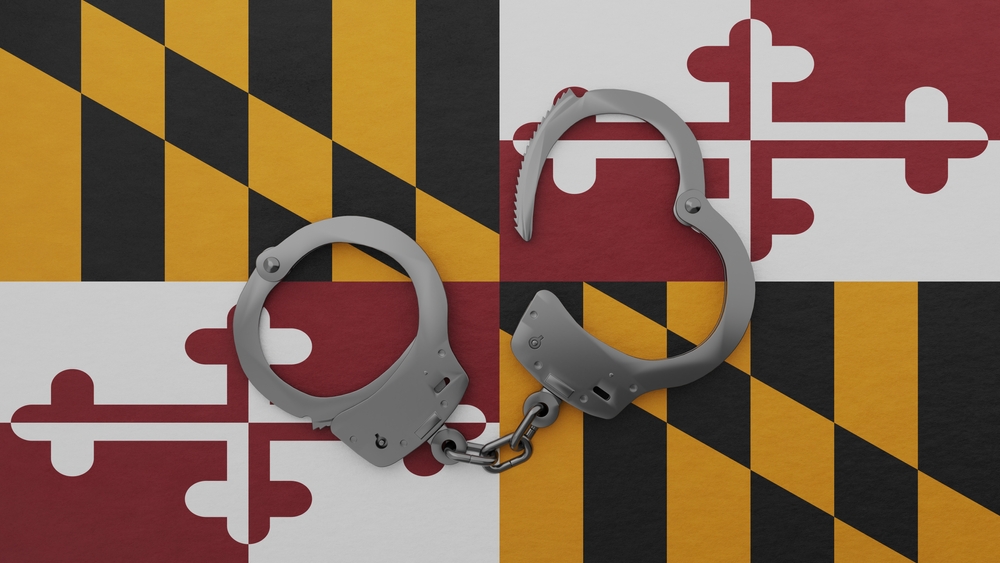There are seemingly endless types of car accidents, ranging from minor parking lot fender benders to highspeed freeway pileups. The most common of all, however, is the rear-end collision. It’s no secret that the driver who collided with the leading car is the one who assumes liability most of the time, but are there any exceptions to the rule? Read on to learn more about establishing liability after a rear-end collision.
Establishing Fault After a Rear End Collision in Maryland
Maryland is an at-fault state, which means that every multi-car collision must ultimately end with one party being held liable. In the case of a rear-end accident, the trailing driver is usually pinned with negligence and held liable. This isn’t always the case, however. A closer look at the details of your collision may reveal that the negligence of the leading driver directly led to the impact.
Here are the most common scenarios that lead to leading drivers being held liable for rear-end accidents:
• The leading driver suddenly accelerates in reverse gear, causing a collision.
• The leading driver has a mechanical issue but fails to safely move over to the side of the road.
• The leading driver has nonfunctional brake lights.
• The leading driver drives unpredictably, or brake checks the trailing driver.
While the first three examples are mistakes that any driver could reasonably make, it’s worth being extra careful with the final example. Brake checking is a form of road rage that is used to intimidate or surprise a trailing driver. Unfortunately, it can very easily result in serious accidents with multiple cars involved. Additionally, it can lead to a reckless driving charge.
In addition to not letting the stress of high traffic driving cause a regrettable mistake, committing to the following driving practices will help ensure you never find yourself on the wrong side of a rear-end collision case:
• Keeping a safe distance behind other drivers
• Yielding the right of way
• Using turn signals
• Looking out for road hazards ahead
• Driving predictably
• Accounting for longer stopping time in inclement weather
Contact Mobley & Brown, LLP for Your Maryland Car Accident Claims
After leaving the scene of the accident, it’s time to collaborate with an attorney who can provide legal counsel as you prepare to seek out compensation for any damages or injuries incurred. If you are searching for the right car accident attorney in Maryland and unsure where to turn, contact Mobley and Brown, LLP today. Our experienced legal team will work with you to meet your needs. Call us now at (410) 385-0398.











